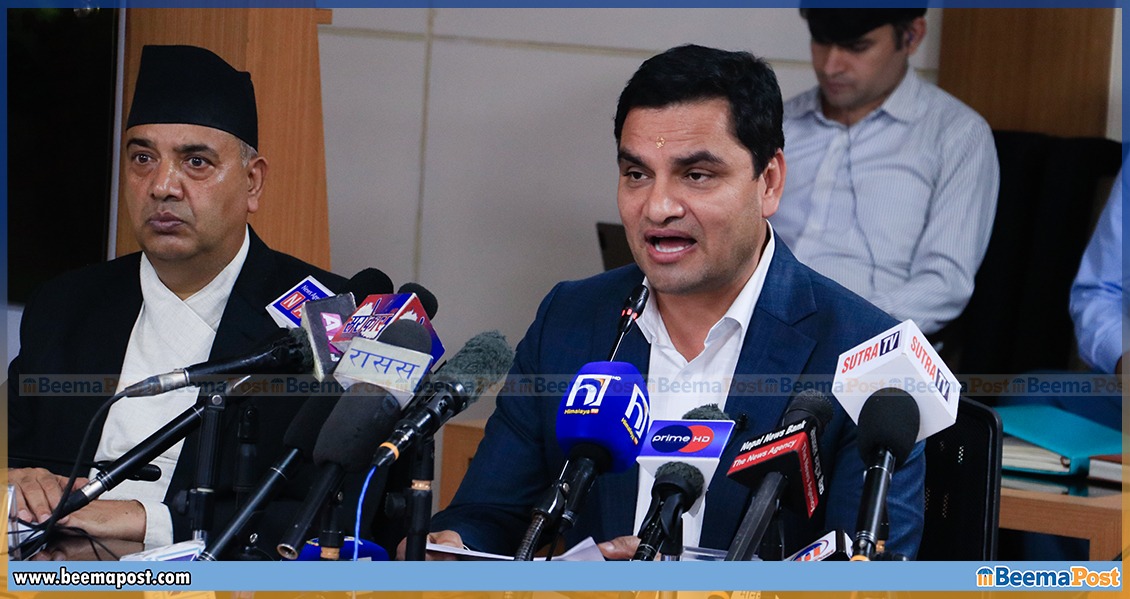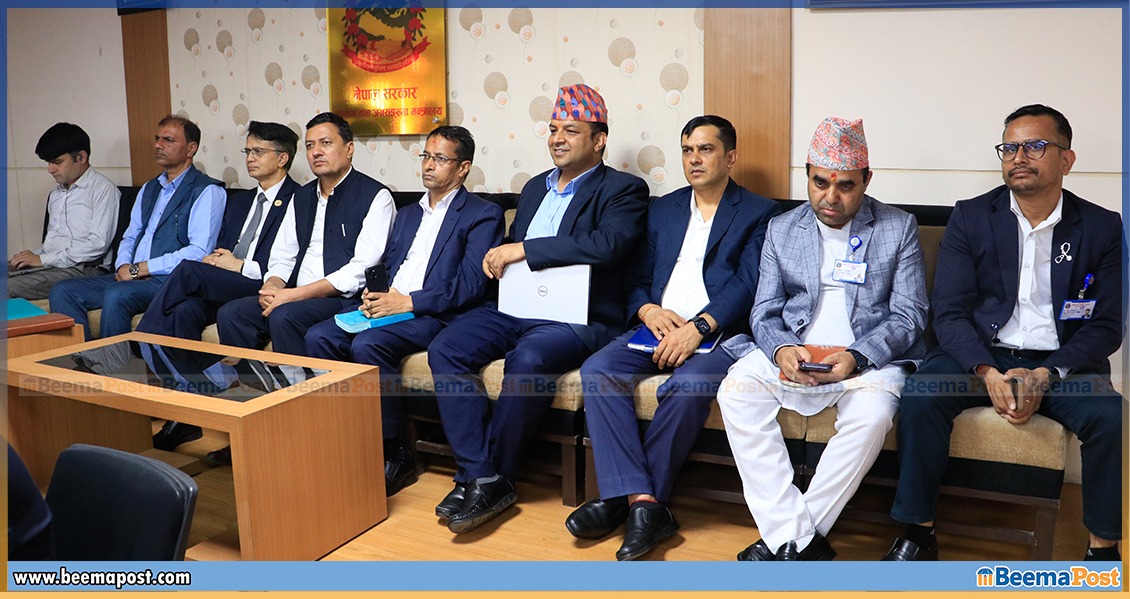Government Moves to Strengthen Health Insurance and Public Health Services in Nepal

Kathmandu – In a significant step toward strengthening Nepal’s healthcare system, Minister of Health Pradeep Poudel has unveiled key achievements from his first year in office, highlighting reforms and progress made in public health services and health insurance.
At a press conference held at the Ministry of Health in Ramshahpath, Minister Poudel emphasized the government’s commitment to expanding access, improving efficiency, and clearing long-standing arrears in the health insurance sector. He outlined a range of measures aimed at making the national health insurance scheme more effective, following concerns about its performance despite being in operation for over a decade.
To address systemic gaps, the government has made public a comprehensive report prepared by a task force assigned to improve the insurance program. Among its recommendations are expanding the benefit coverage to up to Rs 500,000, making health insurance mandatory, enabling immediate treatment benefits through service providers, and allocating 1% of income from government hospitals to the insurance fund.
One of the key priorities, according to the Ministry, is the full settlement of pending insurance claim arrears within the current fiscal year. The program has received strong backing from both the Ministry of Finance and the Office of the Prime Minister, as reflected in the current budget.
In the past year, the Health Ministry has also made strides in strengthening public health service delivery. Initiatives include expanding first-contact service points, improving disaster response, and intensifying dengue control efforts through coordinated action across federal, provincial, and local governments.
Significant administrative improvements have been made by filling vacancies in health posts and hospitals through the Public Service Commission, and activating the National Public Health Committee to expedite policy implementation.

The Ministry has also focused on enhancing healthcare access for vulnerable groups. Free health check-ups have been arranged for athletes and returnee migrant workers, while the government has announced free treatment services for patients with cerebral palsy and burn victims.
In the realm of health policy, the Ministry introduced the National Population Policy, which focuses on ensuring reproductive health rights, addressing demographic shifts, and leveraging the youth population to achieve development goals. The policy also seeks to address issues related to internal migration, unorganized settlements, and depopulation in rural and mountainous regions.
Another notable milestone is the certification of Nepal Medicines Limited by the World Health Organization for Good Manufacturing Practice (GMP). This achievement, coming five decades after the company’s establishment, paves the way for international recognition, export of medicines, and participation in global tenders.
In collaboration with the international ‘Global Platform for Access to Childhood Cancer Medicines’, Nepal has also received the first phase of free medicines for pediatric cancer patients. Meanwhile, production of Ayurvedic medicines has resumed at Baidya Khana in Singha Durbar.
Further, the Ministry has enforced new directives requiring 100 percent pictorial health warnings on all tobacco products from Bhadra 1 (August 1) onward. The new rule prohibits the production, sale, or distribution of tobacco products without clear and graphic health warnings.
